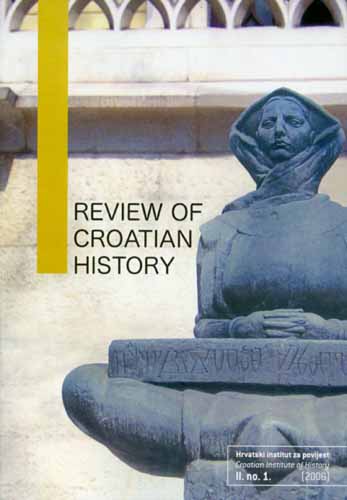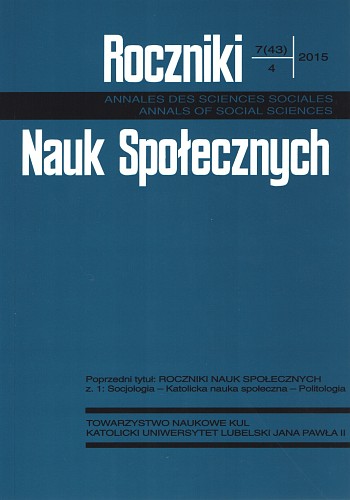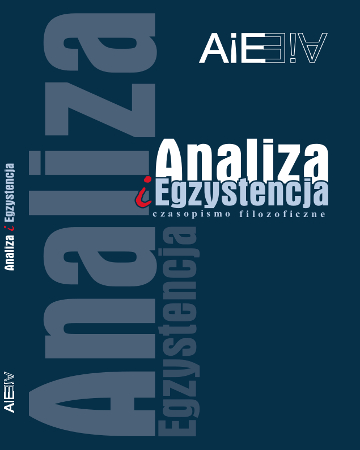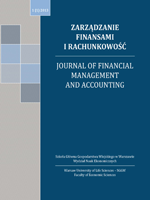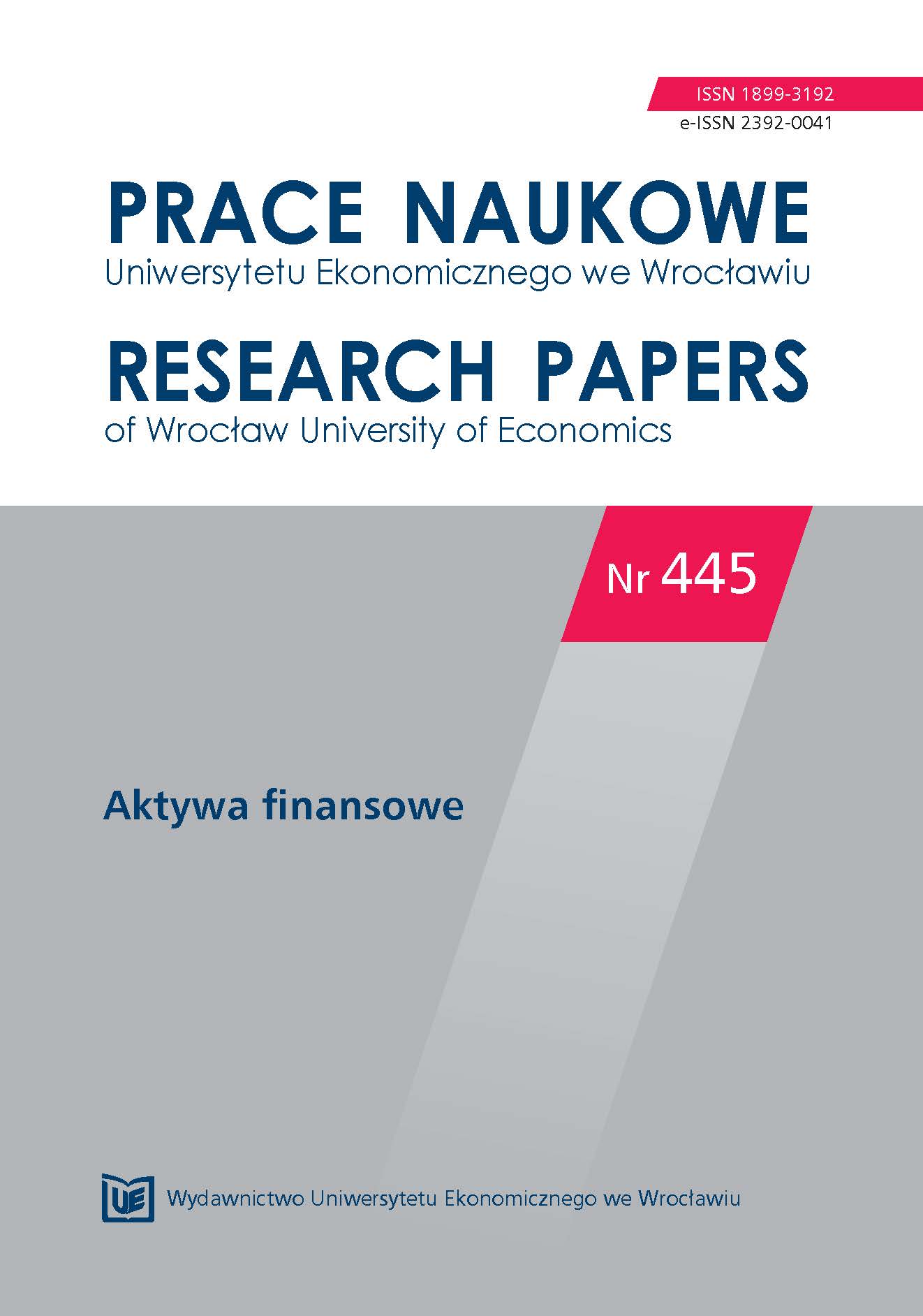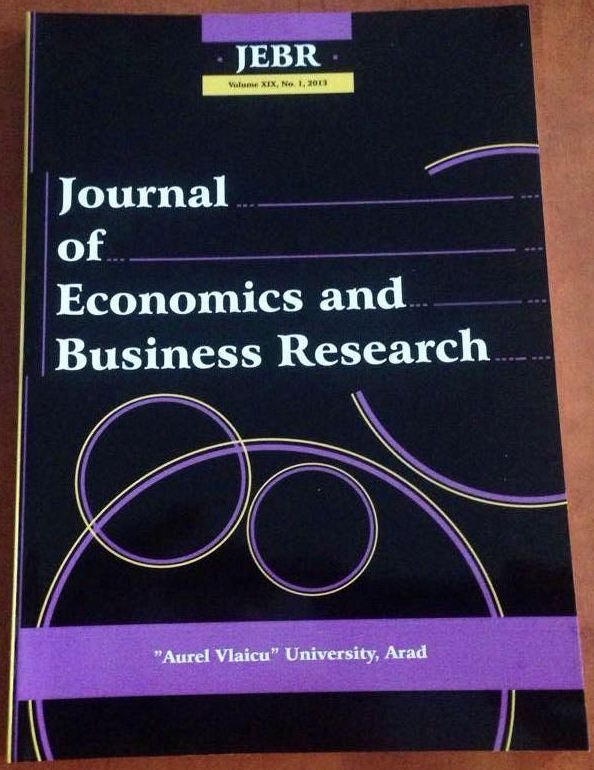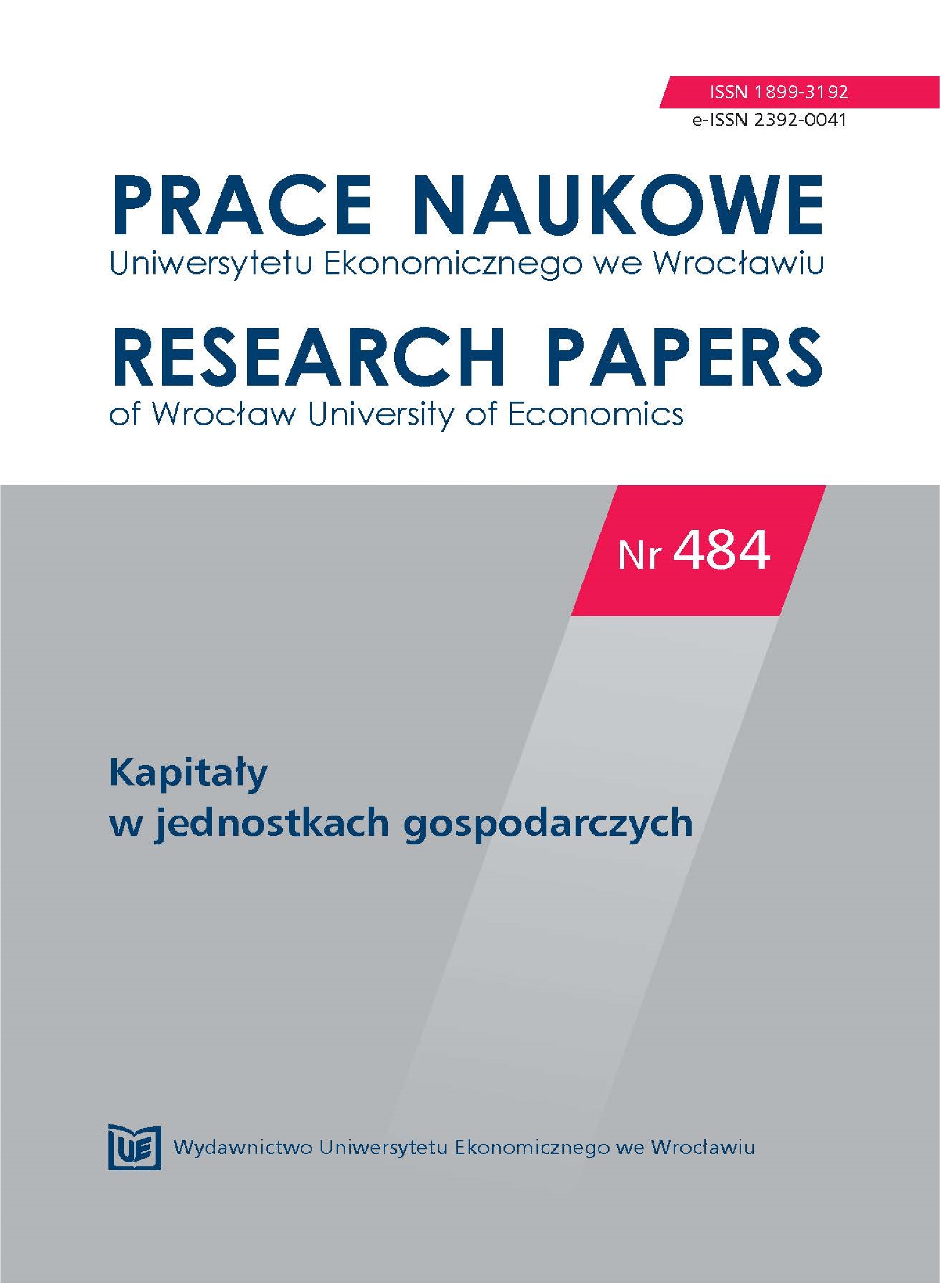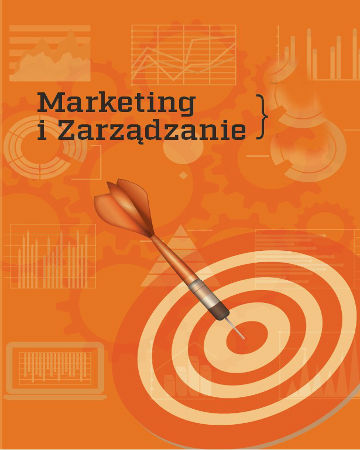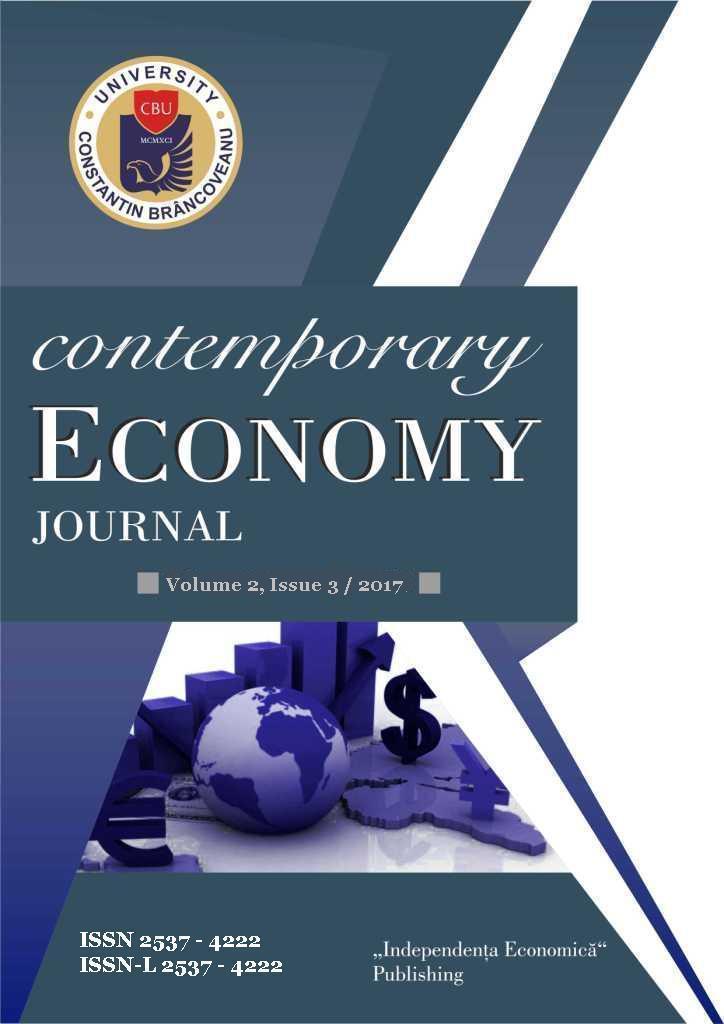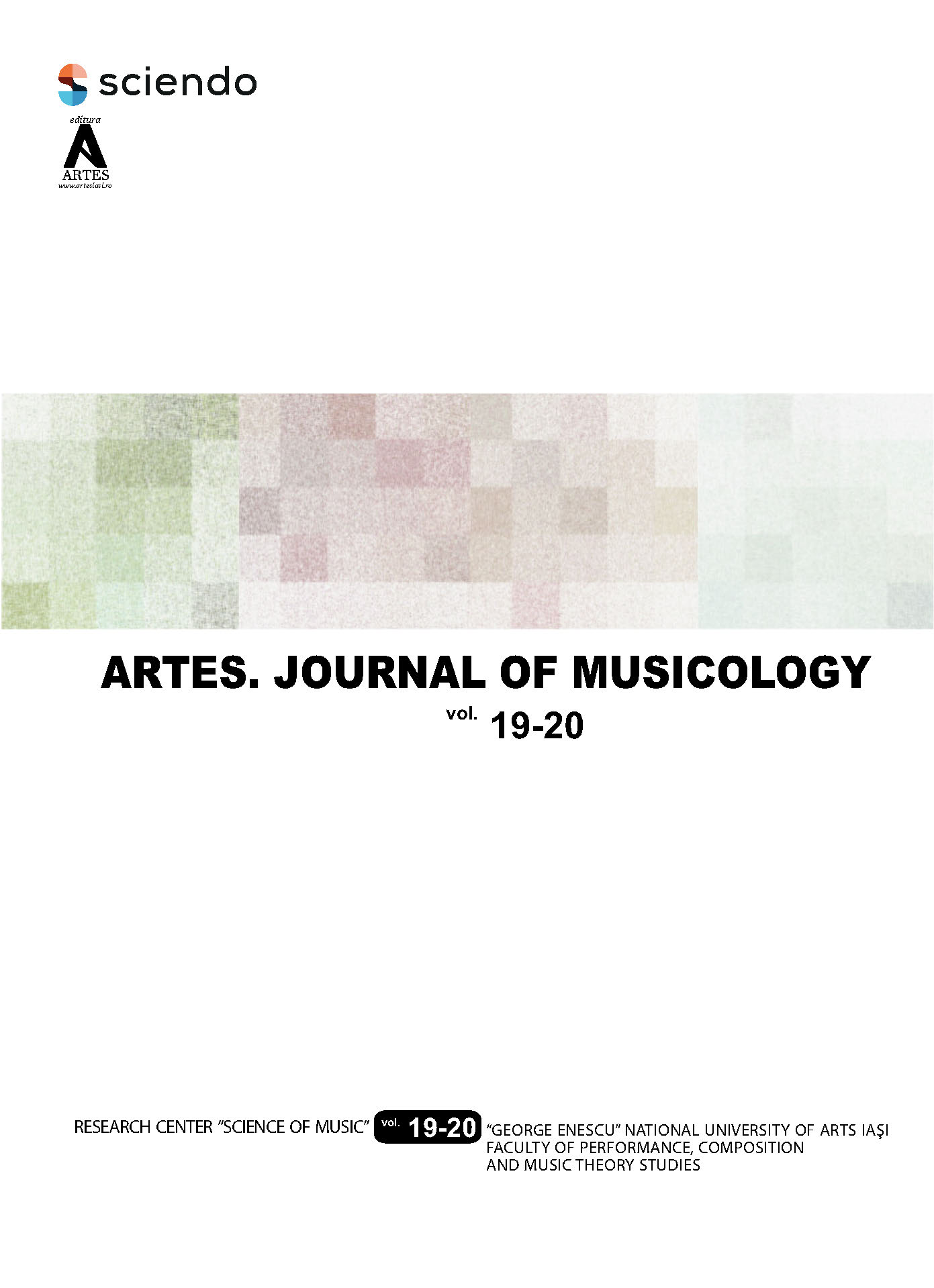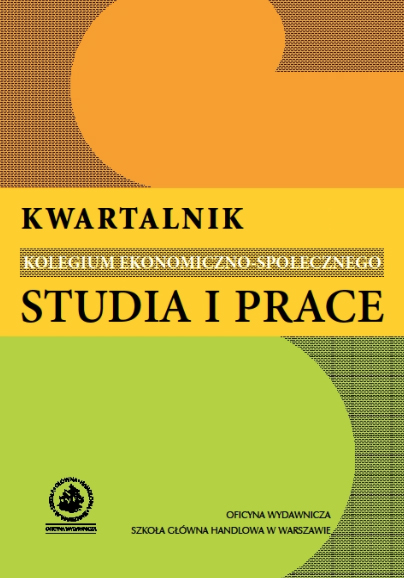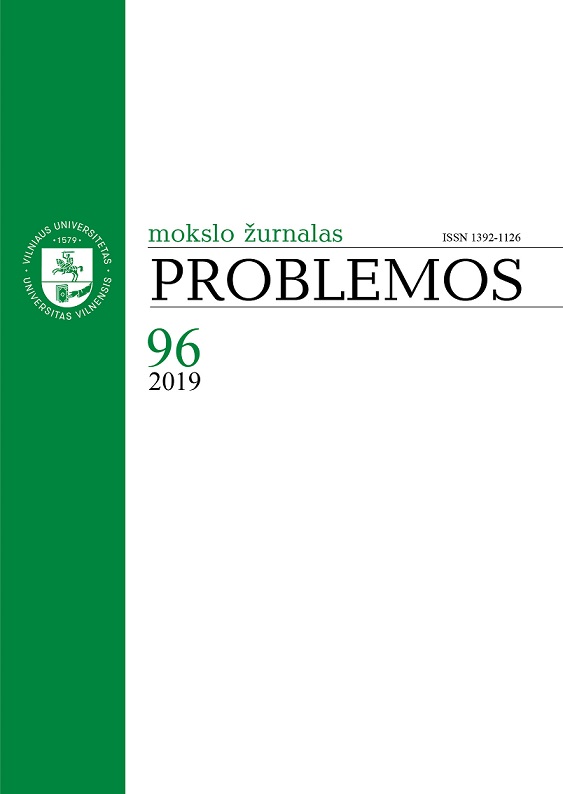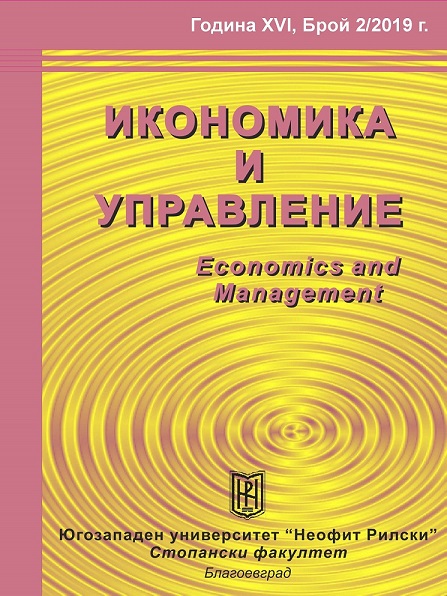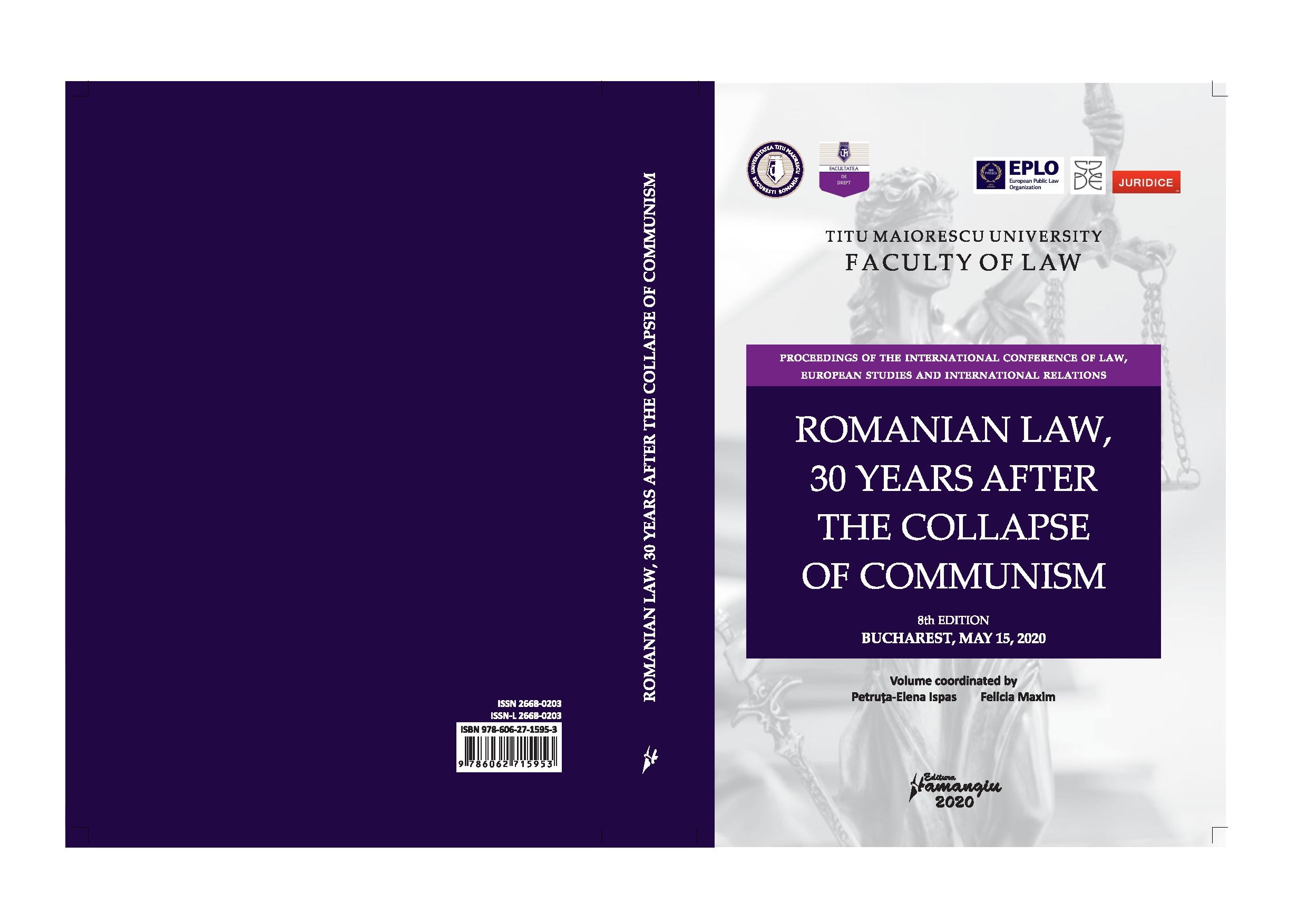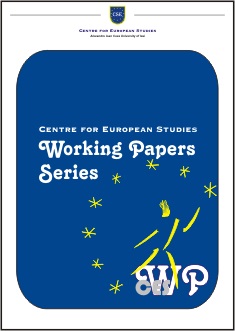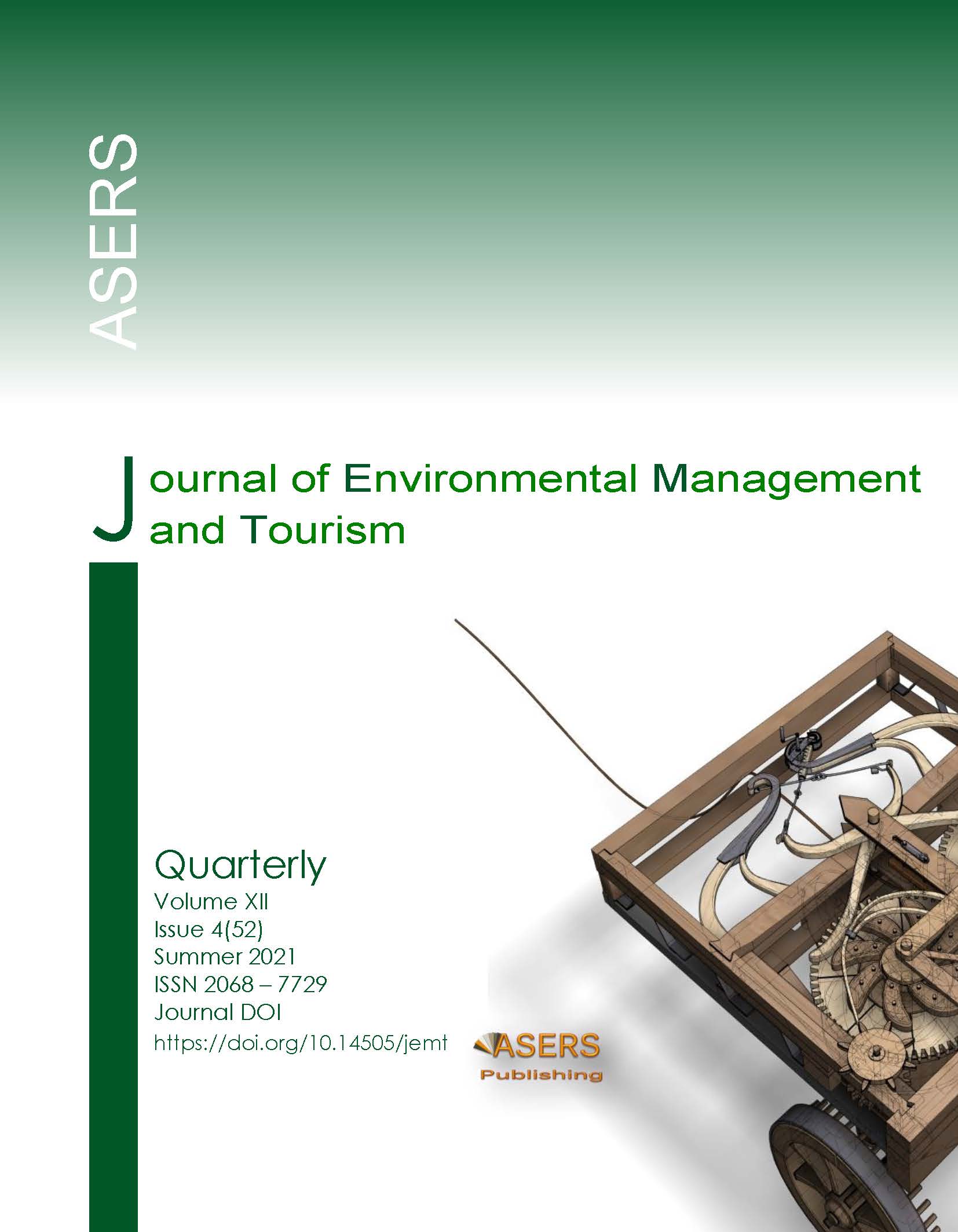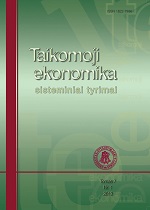
Temporary book-tax differences under IFRS
Temporary book-tax differences under IFRS
Keywords: Deferred tax assets; deferred tax liabilities; IFRS; stock prices; Atidėtojo pelno mokesčio turtas; atidėto pelno mokesčio įsipareigojimai; Tarptautiniai finansinės atskaitomybės standartai (TFAS); vertybinių popierių kainos
This research seeks to determine whether the general and specific categories of deferred tax assets (DTAs) and deferred tax liabilities (DTLs) under International Financial Reporting Standards are related to changes in stock prices. The results seem to indicate that DTAs and DTLs under IFRS could be less helpful to investors than they currently are under US GAAP. Tyrimu siekiama nustatyti ar bendrosios ir specifinės atidėtojo pelno mokesčio turto (APMT) ir atidėtojo pelno mokesčio įsipareigojimų (APMĮ) kategorijos turi sąsajų su akcijų kainų pokyčiais, remiantis Tarptautinės finansinės atskaitomybės standartais (TFAS). Tyrimo rezultatai parodė, kad remiantis APMT ir APMĮ akcijų kainų pokyčių prognozavimas yra kur kas ribotesnis, lyginant su JAV, kur naudojami bendrieji atskaitomybės principai (angl. GAAP).
More...
